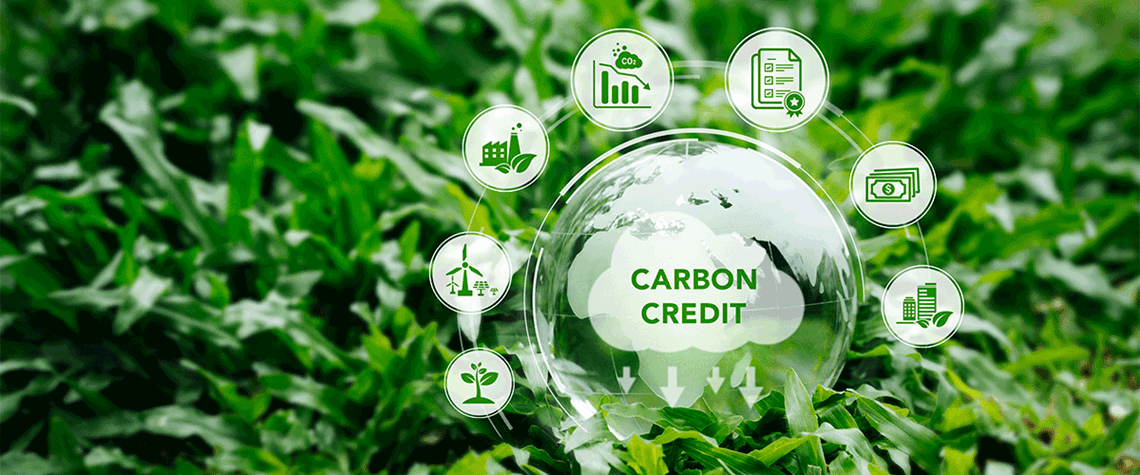Align the VCM with internal carbon pricing
Companies can boost confidence in the voluntary market by using their internal carbon prices as reference points against which to measure the implied climate contribution of their purchased offsets
The news flow around climate finance over the past year has included an assault on voluntary carbon markets. The criticism has concentrated on credit quality, underpinned by a cynicism about how the various actors make money and the use of offsets by corporates. The VCM industry hopes it can restore confidence through its efforts to self-police on integrity and the ways companies use offsets. Given the pressing need for reform, it may seem premature to look past this stage. But there remains a shortcoming in a high-integrity VCM that threatens to keep it from fulfilling its promise as a conduit of climate capital: corporate buyers still have the incentive to be 'cheap’. To some degree this

Also in this section
22 July 2025
Sinopec hosts launch of global sharing platform as Beijing looks to draw on international investors and expertise
22 July 2025
Africa’s most populous nation puts cap-and-trade and voluntary markets at the centre of its emerging strategy to achieve net zero by 2060
17 July 2025
Oil and gas companies will face penalties if they fail to reach the EU’s binding CO₂ injection targets for 2030, but they could also risk building underused and unprofitable CCS infrastructure
9 July 2025
Latin American country plans a cap-and-trade system and supports the scale-up of CCS as it prepares to host COP30









